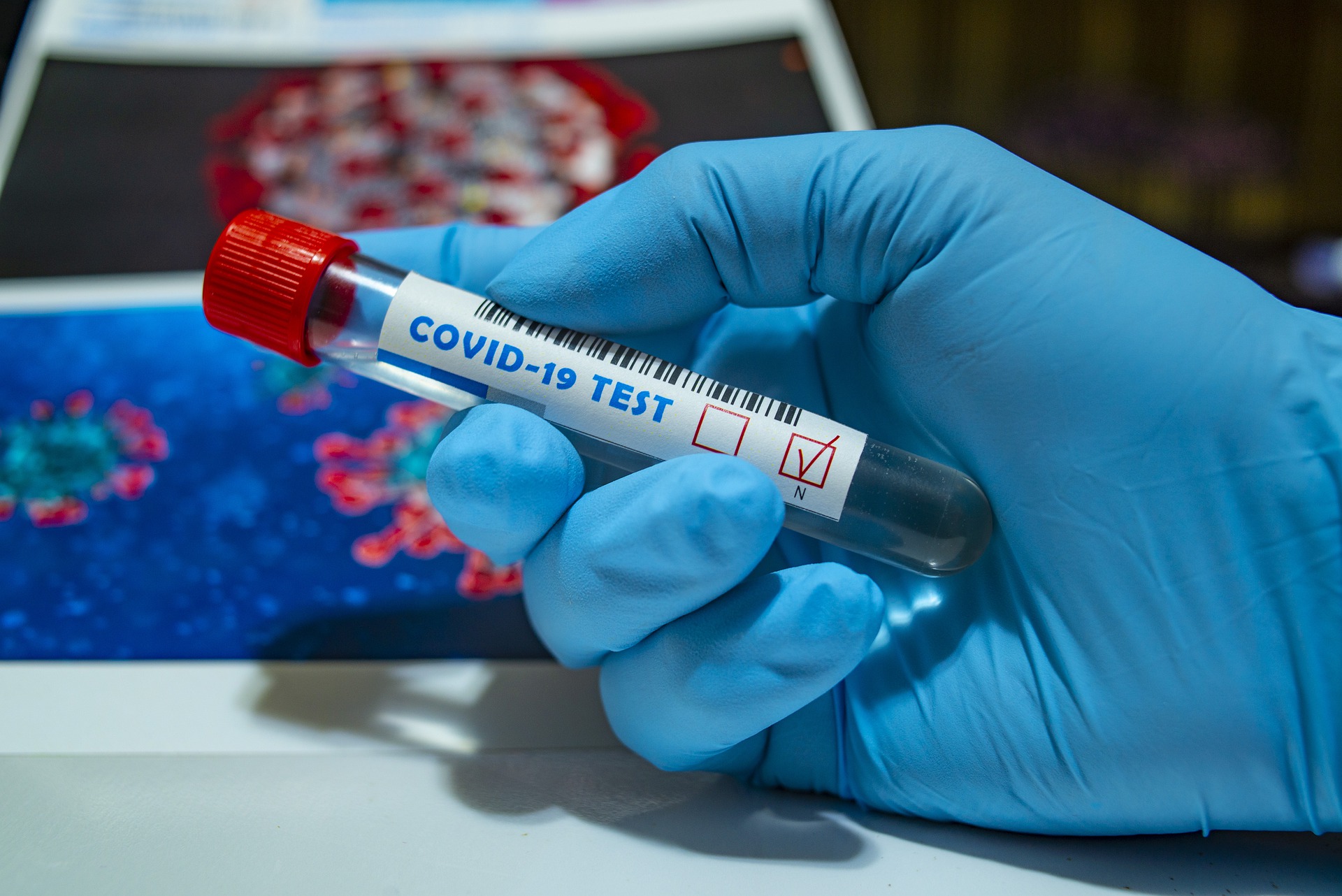As the race to develop the Coronavirus vaccine rages on across the world, scientists from the Britain’s University of Oxford have developed a rapid Covid-19 test able to identify the coronavirus in less than five minutes.
According to the researchers, the aim is to develop an integrated device that will eventually be used for testing in sites such as offices, concerts, airports, etc., to establish and safeguard Covid-19 free spaces.
The university said it hoped to start product development of the testing device in early 2021 and have an approved device available six months afterward.
Scientists from @OxfordPhysics have developed an extremely rapid diagnostic test for Covid-19 that detects and identifies viruses in less than five minutes.
Read more here >https://t.co/aY7ubgPz3G— University of Oxford (@UniofOxford) October 15, 2020
The device is able to detect coronavirus and distinguish it from other viruses with high accuracy, the researchers said in a pre-print study.
“Our method quickly detects intact virus particles,” said Professor Achilles Kapanidis, at Oxford’s Department of Physics, adding that this meant the test would be “simple, extremely rapid, and cost-effective”.
Rapid antigen tests are seen as key in rolling out mass-testing and re-opening economies while the coronavirus is still circulating, and those that are already in use are faster and cheaper but less accurate than existing molecular PCR tests.
Siemens Healthineers on Wednesday announced the launch of a rapid antigen test kit in Europe to detect coronavirus infections but warned that the industry may struggle to meet a surge in demand.
Although this rapid diagnostic test will only be ready next year, the tests could help manage the pandemic in time for next winter. As health officials and experts have warned several times that the world will need to live with coronavirus even if a vaccine is developed.
“A significant concern for the upcoming winter months is the unpredictable effects of co-circulation of SARS-CoV-2 with other seasonal respiratory viruses,” said Dr. Nicole Robb, of Warwick Medical School.
“We have shown that our assay (test) can reliably distinguish between different viruses in clinical samples, a development that offers a crucial advantage in the next phase of the pandemic.”











